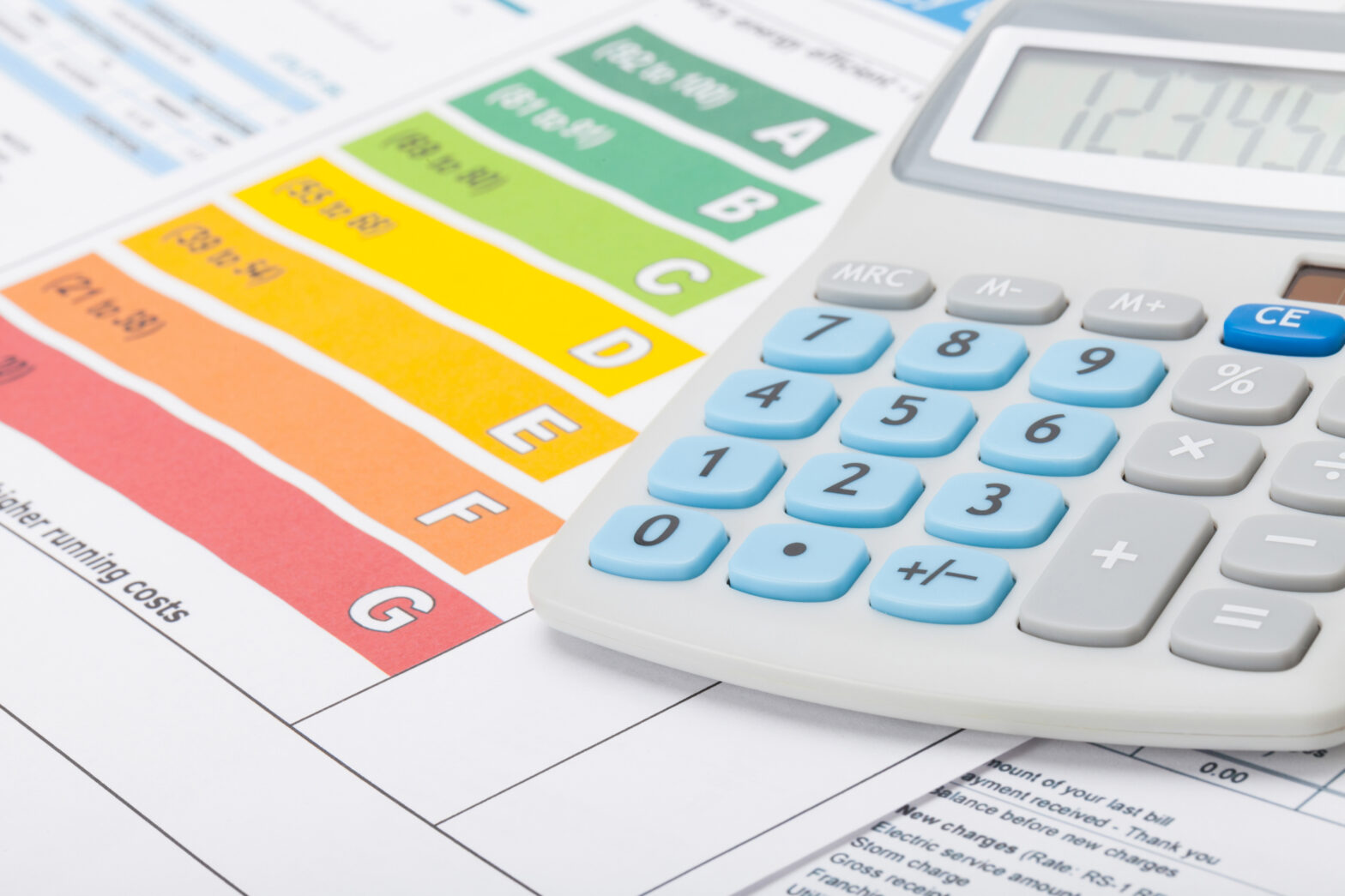If there’s one certainty in the current energy market it’s that electricity and gas costs will continue to rise. This brings with it pressure on businesses of all shapes and sizes to become more energy literate – to really know the ins and outs of their current contract and the options that are open to them in order to make the best decisions.
For most small business, for whom energy is just one of a number of buying decisions, that can be a challenge. Luckily the market has evolved to offer a range of different procurement routes.
So what’s the most effective way of going about it?
Equip yourself with the knowledge to shop around
The first step is to be aware of what sort of contract you are currently on, when it terminates and what rates you are paying. This will make sure you don’t get caught out by simply rolling over onto a higher price tariff when your contract ends; in some cases, when a contract runs out, the customer may in fact simply be moved on to a variable tariff that can be much higher.
If it isn’t clear, ask your supplier what is included in your energy tariff. Does it include charges for transmission and distribution or are these extra charges on top of the price of energy? What about charges to cover subsidies that the government makes for renewable energy projects? Once you know exactly what you are paying for, you can shop around more effectively.
In today’s market there are a raft of different business energy suppliers from the ‘Big 6’ suppliers which also supply the domestic market to specialist business suppliers and newcomers. Be aware – everyone will offer you a different sort of package, so make sure you understand what they are telling you. If you don’t, it could be a sign that they are not the right sort of partner for you anyway.
Going direct or working with a broker
Businesses have two main choices when it comes to deciding how to buy gas and electricity. You can either work directly with a supplier or arrange your contract through a broker or third party consultant.
Choosing the best option for your business comes down to a number of factors – how much you consume, how much you understand about the market and how much time you want dedicate to managing your energy consumption.
A good rule of thumb when making a decision is, if your energy needs are fairly simple and stable, with no big peaks and troughs in consumption, and you are happy to get a bill once a year, going direct and contracting directly with a supplier might be the best option for you. Most suppliers will offer simple fixed-price contracts which will provide a degree of certainty over your energy costs leaving you free to focus on your core business.
However, if you have a business where processes are flexible and your consumption goes up and down regularly (if you’re a manufacturer for example) then a more sophisticated product that allows you to take advantage of different pricing bands within the energy supply chain might be an option.
If your business falls into the latter category, you might want to consider working with a third party such as a broker or energy consultant who can help you monitor when to trade in and out of the market to get the best prices.
Brokers and consultants
Brokers and consultants perform a vital role for many small businesses that don’t have the time or resource to dedicate to energy procurement.
Generally a broker will look at your energy needs and then source quotes for suitable contracts from a range of suppliers. If you opt for a flexible contract they’ll also be able to advise you on an ongoing basis to ensure you’re taking the best course of action when it comes to making purchasing decisions throughout the year.
Despite many examples of good practice it’s fair to say that the industry has been getting a bad press recently. In response to reports of some operators using high pressure sales tactics and misleading information, the energy regulator Ofgem has launched a consultation into whether it should develop an industry-wide code of practice for energy brokers.
While anything which ensures that all operators are acting in the best interests of both end-users and suppliers is to be welcomed, in my experience I’ve actually found that the majority of small businesses that use brokers are very happy with the service they receive.
Indeed, in a recent survey of our SME customer base, we found that over 90 per cent of those questioned said they would recommend their broker to another business. More than half also said they had a good understanding of their broker’s business values and principals.
Whichever route you chose it’s important to ensure that your supplier or consultant will provide ongoing support and information about your consumption in a transparent way. It’s a good idea to enquire about additional benefits such as smart meters which will help you monitor your consumption. Once equipped with this information, you can turn your attention to the tactics you can employ to manage your consumption and reduce your costs.





